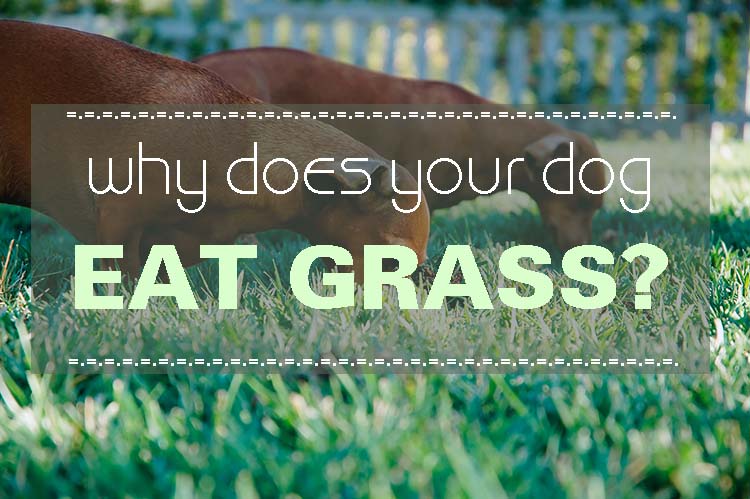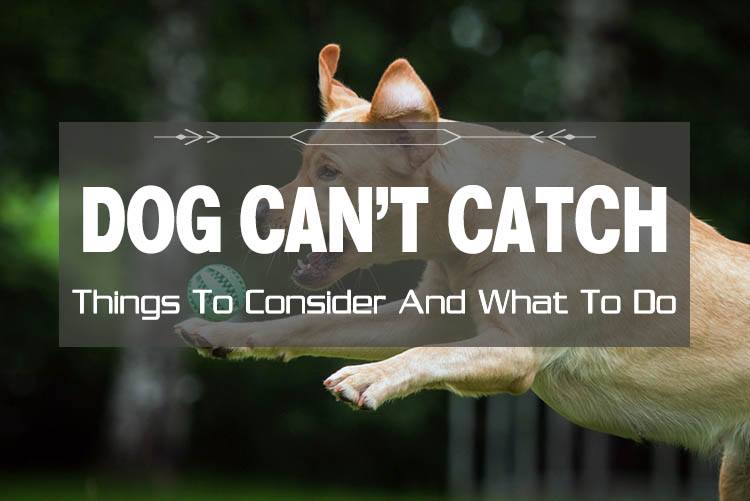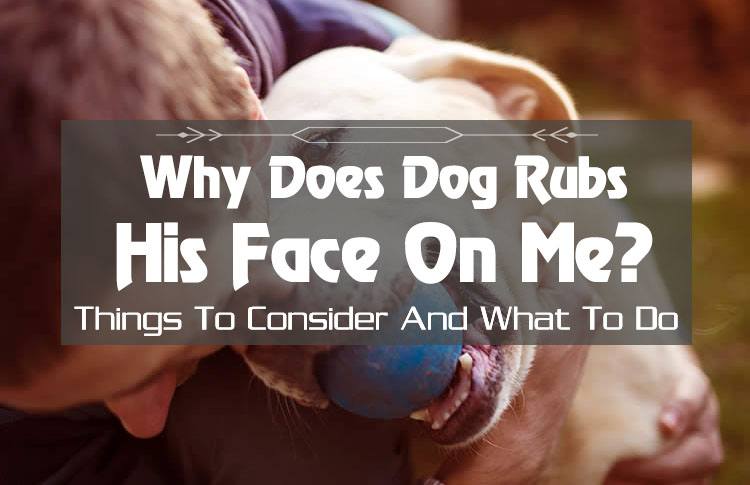Have you ever been startled awake by your dog barking, whining, or even growling in their sleep? If so, you’re not alone! Many pet parents wonder why do dogs make weird noises when sleeping and whether it’s normal or something to worry about. In most cases, these nighttime sounds are completely natural—often linked to dreaming during the REM stage of sleep. But sometimes, unusual noises can point to stress or even underlying health issues.
In this guide, we’ll explore the different reasons behind your dog’s sleep-time vocalizations, what’s normal, and when it might be time to call the veterinarian.
Key Takeaways
- Dogs spend about one-third of their lives sleeping, with key stages being REM and deep sleep, during which they may vocalize.
- Noises dogs make while sleeping, like barking, whining, or snoring, can reflect their dreams and emotional states, but excessive or unusual sounds may signal health issues.
- Creating a calming sleep environment, providing regular exercise, and addressing anxiety can enhance your dog’s sleep quality and overall well-being.
Understanding Dog Sleep Cycles
Dogs, much like humans, have distinct sleep cycles crucial for their health and well-being. On average, dogs spend about one-third of their lives sleeping, significantly benefiting their physical and mental health. Puppies typically need around eight hours of sleep, while adult dogs require about twelve hours to maintain optimal function throughout the day long. These shorter sleep cycles significantly impact how dogs experience their world, even in slumber.
Dogs have sleep cycles that last around forty-five minutes, with approximately seventy-five percent of that time being non-REM sleep and the remaining twenty-five percent being REM sleep. Understanding these two main stages—REM sleep and deep sleep—is key to interpreting the noises your dog makes while sleeping. Let’s explore each stage in more detail.
REM Sleep in Dogs
REM (Rapid Eye Movement) sleep is a fascinating phase where both dogs and humans experience heightened brain activity, often leading to dreams. During REM sleep, dogs are likely to dream, and this stage is characterized by:
- vocalizations
- muscle twitching
- rapid eye movements If you’ve ever noticed your dog barking, whining, or even moving their paws as if running, chances are they’re in the midst of a vivid dream.
This stage of sleep is essential for mental and emotional processing. Just like humans, dogs use REM sleep to process their daily experiences and emotions, which is why you might hear them make various noises. The brain activity during this stage mirrors wakefulness, indicating dreams about familiar activities and interactions, similar to how human brains function.
Deep Sleep Stage
Deep sleep is another crucial stage in a dog’s sleep cycle, known for its restorative benefits. During deep sleep, dogs are less vocal and experience slower breathing, which allows their bodies to repair and rejuvenate. This deep stage is vital for physical health, helping to restore energy levels and support immune function.
While dogs are generally quieter during this stage, they might still produce soft grumbles, yaps, or whimpers. These noises are typically less frequent and more subdued compared to the vocalizations during REM sleep. The occasional twitching or faster breathing rate can also occur during deep sleep, although these are usually less pronounced.
Common Noises Sleeping Dogs Make
If you’ve ever watched your dog sleep, you’ve probably noticed a variety of sounds emanating from them. These noises can range from barking and whining to growling and snoring. Each sound has its own unique explanation, often linked to the dog’s daily experiences and emotional state. Comprehending these sounds helps you interpret your dog’s dreams and overall well-being.
The vocalizations dogs make during sleep are usually a reflection of their dreams and emotions. A dog might bark or whine if dreaming about a playful encounter or stressful situation. In some cases, unusual noises may indicate discomfort or underlying health issues, which require further attention.
Let’s delve into the specific types of strange noises and weird noises and what they mean. Noise can often provide insight into the underlying issues, so let’s talk about them.
Barking and Woofing
Barking and woofing are among the most common noises dogs make while sleeping. These sounds often reflect dreams about interactions or activities they experienced while awake. For instance, your dog might be dreaming about playing fetch, chasing a squirrel, or guarding their territory, leading them to bark or woof in their sleep.
Gaining insights into why dogs bark in their sleep reveals their emotional and mental states. These sounds can signify excitement, alertness, or frustration depending on their dreams.
Next time you hear your pooch furry friend dog woop woops in their sleep, they might be reliving their daily pup dogs howl nightmare adventures, but sometimes it’s best to let sleeping dogs lie.
Whining and Crying
Whining and crying during sleep can be more concerning for pet owners, as these sounds often indicate stress, fear, or pain. Dogs, much like humans, experience dreams that reflect their emotional states, and these vocalizations are a window into what they might be feeling. For example, a dog might whine if they’re dreaming about a stressful encounter or if they are experiencing discomfort.
These sounds are typically more urgent and high-pitched compared to other sleep vocalizations, signaling a potential need for attention or comfort. Knowing the reasons behind these noises helps you address your dog’s needs, ensuring they feel safe and secure.
Growling and Grunting
Growling and grunting are interesting sleep sounds that can signify a range of emotions and experiences. When dogs growl while sleeping, it can indicate emotions such as fear, fun, or enjoyment. These sounds often relate to dreams of defending themselves, playing with other dogs, or encountering perceived threats.
Grunting, on the other hand, can suggest feelings of happiness, contentment, or even discomfort. For instance, a dog might grunt when settling down to sleep or when they are feeling particularly relaxed.
Both growling and grunting provide insights into your dog’s dream content and emotional state, helping you better understand their nighttime activities.
Snoring and Heavy Breathing
Snoring is a common occurrence in many sleeping dogs, often caused by a partial blockage in the upper airways and relaxed throat tissues during deep sleep. Certain breeds, particularly brachycephalic breeds like Bulldogs and Pugs, are more prone to snoring due to their anatomical features. While snored is usually harmless, it can occasionally indicate health issues such as sleep apnea or respiratory problems.
Heavy breathing during sleep can also be normal, especially during periods of deep sleep when the body is fully relaxed. However, if you notice excessive snoring or heavy breathing that seems abnormal, it might be worth consulting a veterinarian to rule out any underlying health concerns.
Why Dogs Dream and Vocalize
Understanding why dogs dream and vocalize during sleep can give you a deeper insight into their emotional and mental states. Dogs often vocalize during REM sleep, which is when dreaming occurs. These dreams can cause dogs to make various noises such as woofing, yipping, or even howling.
Canine dreams often reflect their day-to-day experiences, where dogs replay events like:
- chasing
- playing
- interacting with other animals Research suggests that dogs dream in ways similar to humans, focusing on familiar and emotionally significant experiences. This daily life connection explains the range of sounds dogs make while sleeping.
Processing Daily Experiences
During dreams, dogs often process their daily experiences, which can lead to various vocalizations. A dog might dream about chasing a rabbit or playing with their favorite toy, making them bark or twitch in their sleep. These dreams help dogs better understand their interactions and surroundings, much like humans processing their daily events during sleep.
Twitching or jerking movements in sleep can indicate that a dog is dreaming about something exciting or engaging. This processing of daily experiences through dreams is a natural part of a dog’s mental and emotional well-being.
Emotional Expression
Sleep sounds can also be a form of emotional expression for dogs. When dogs bark while sleeping, it can indicate a range of emotions including fear, boredom, excitement, alertness, or anxiety. These emotional expressions in sleep are often tied to the content of their dreams, mirroring their daily experiences and feelings.
Recognizing these sounds as emotional expressions helps dog owners respond compassionately to their pets’ needs and experiences. For example, a dog whining in their sleep might be feeling anxious or scared, and recognizing this can help you provide the comfort they need.
Similarities to Human Dreams
Dogs and humans share many similarities when it comes to dreaming. Both experience stages of sleep that influence their dream content, and both process daily experiences through dreams. Dogs can bark or whine during sleep, indicating they might be dreaming about their daily activities. For example, a dog dreaming about a fun day at the park might bark in their sleep, while a dog experiencing a bad dream might whine or cry.
These emotional elements in many dogs’ dreams contribute to the variety of sounds they make, signifying their feelings during those experiences. Understanding these similarities helps us better appreciate the complexities of our furry friends’ dream worlds.
When to Worry About Noises
While most sleep noises are normal, some can be a cause for concern. Excessive or unusual noises may warrant a visit to the vet, especially if they are accompanied by other symptoms. Keeping track of your dog’s sleep patterns and noises helps distinguish between normal and problematic sounds.
If your dog makes an atypical sound or shows other symptoms, consulting a veterinarian is crucial. Erratic sleeping patterns or choking signs warrant a vet visit to ensure your dog’s well-being.
Let’s explore the specific signs to watch out for and when to seek professional advice.
Signs of Health Issues
Persistent coughing or unusual vocalizations during sleep can indicate serious health concerns:
- Chronic coughing could be a sign of allergies, heart disease, or lung problems.
- Excessive snoring might point to conditions like sleep apnea, excess weight, hypothyroidism, or dental issues.
- If your dog’s snoring suddenly intensifies or is accompanied by respiratory symptoms, it’s a signal for concern.
Other signs requiring veterinary attention include symptoms like diarrhea, weight loss, and vomiting associated with excessive gas. If your dog coughs violently or has difficulty breathing, seek immediate veterinary attention to ensure their health and safety.
Anxiety and Stress Indicators
Increased vocalizations during sleep can be a sign of anxiety or stress. Emotional states such as anxiety can lead to persistent noises when dogs are asleep. For example, a dog that is anxious might whine or cry more frequently during their sleep, reflecting their emotional turmoil in their dreams.
Recognizing these signs of anxiety is crucial for providing the necessary intervention. If your dog is whining in their sleep, it might suggest they are feeling discomfort or anxiety related to their dreams. Addressing these issues can help ensure your dog feels safe and secure, both awake and asleep.
Consulting a Veterinarian
When it comes to persistent or abnormal sleep noises, consulting a veterinarian is essential. Persistent vocalizations during sleep may require a professional evaluation to identify potential health issues. If accompanied by other symptoms, seeking veterinary advice is crucial for your dog’s well-being.
Monitoring your dog’s sleep noises can help distinguish between normal and concerning sounds. Consulting a veterinarian can provide peace of mind and address any potential health issues related to abnormal sleep noises. Always err on the side of caution when it comes to your pet’s health.
Creating a Calming Sleep Environment
Creating a calming environment is vital for ensuring your dog gets the rest they need. Calming products like pheromone diffusers can effectively reduce anxiety and promote relaxation. Techniques such as gentle massage or the use of anxiety wraps can also help reduce nighttime anxiety in dogs.
Calming techniques, such as gentle petting or soothing music, can create a peaceful bedtime atmosphere. These methods can help ensure your dog feels secure and relaxed, leading to better sleep quality.
Comfortable Bed Setup
A comfortable bed setup significantly enhances your dog’s sleep quality. A cozy, padded bed provides comfort and a sense of security, supporting better sleep. Choosing the right bed, such as plush or orthotic options, can significantly improve your dog’s sleeping comfort.
A supportive bed prevents discomfort and promotes better sleep for dogs. Providing a comfortable sleeping place helps your dog feel at ease and ready for a good night’s rest.
Regular Exercise and Routine
Regular exercise and routine help dogs expend energy, leading to better sleep. Engaging in daily physical activities can help lower stress levels in dogs, promoting improved sleep quality. Daily physical activity burns off excess energy, making dogs more likely to settle down and sleep well.
A consistent routine leads to healthier sleep patterns and less restlessness in dogs. Ensuring your dog gets enough exercise during the day will help them enjoy deeper and more restorative sleep at night.
Addressing Anxiety
Addressing anxiety is vital for promoting calmness and improving your dog’s sleep. Signs of stress in dogs can include pacing, excessive barking, and changes in body posture. Identifying these signs is the first step in addressing anxiety and ensuring they feel more secure.
Techniques such as providing treats, using calming products, and creating a safe environment can help reduce anxiety. Addressing these concerns helps your dog feel more relaxed and ready for a peaceful night’s sleep.
Summary
Dogs make strange noises while sleeping for many reasons, from dreaming about chasing squirrels to expressing emotions like stress or excitement. Most of the time, these sounds are harmless and simply part of healthy REM sleep. Still, keeping an eye out for excessive snoring, whining, or other unusual patterns can help you catch potential health issues early.
By creating a cozy sleep environment, giving your pup plenty of exercise, and addressing any anxiety, you’ll help them enjoy restful, restorative sleep.
Curious about more quirky canine habits? Check out our other dog behavior guides to better understand what your pup’s actions are really telling you.
Frequently Asked Questions
Why does my dog bark in their sleep?
Your dog barks in their sleep likely because they’re dreaming about their day, expressing emotions like excitement or alertness. It’s pretty normal and shows they’re having an active dream life!
Should I be worried if my dog whines while sleeping?
If your dog whines while sleeping, it might be a sign of stress or discomfort. Keep an eye on it, and if it continues or worsens, don’t hesitate to consult your vet.
What causes my dog to snore at night?
Your dog likely snores because of a partial blockage in their upper airways and relaxed throat tissues while they sleep, which is common in breeds like Bulldogs and Pugs. Keeping an eye on their sleeping position or consulting your vet can help if it’s bothersome.
How can I create a calming sleep environment for my dog?
To create a calming sleep environment for your dog, use calming products like pheromone diffusers, ensure they have a cozy bed, and consider adding soothing music or gentle petting to help them relax. These little touches can make a big difference in their sleep quality!
When should I consult a veterinarian about my dog’s sleep noises?
You should definitely consult a veterinarian if your dog is making unusual or excessive sleep noises, especially if there are other concerning symptoms like coughing or difficulty breathing. It’s better to be safe and get a professional opinion!




